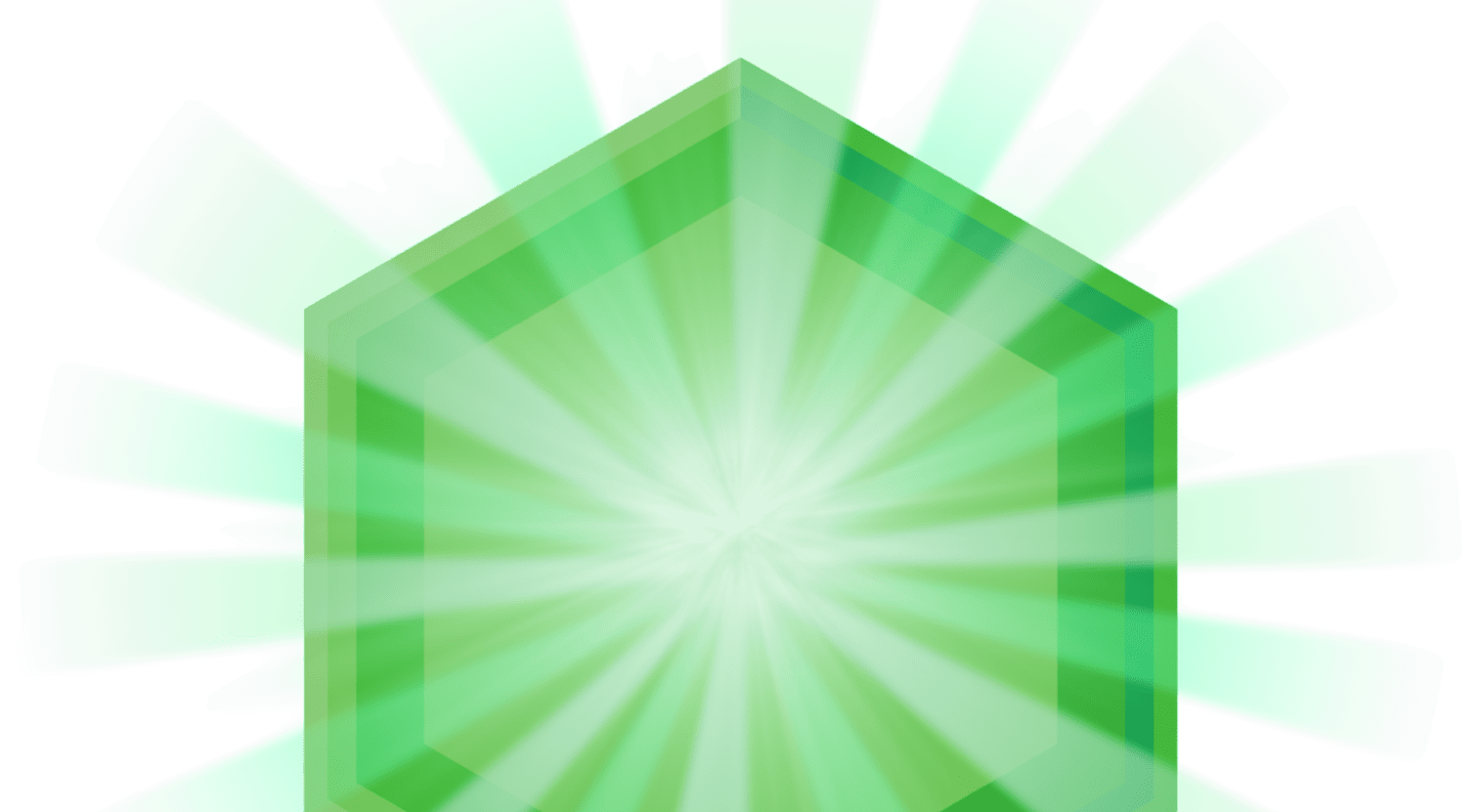
What Is a Sinus Headache?
During allergy season—especially when hay fever is at its peak—one of the most common conditions you might face include sinus infections.3 This is when a virus or a bacterial infection will plague your sinuses, and this may lead to a type of head pain known as a sinus headache.2 Learn more about symptoms of sinus headaches and how they’re related to other issues such as migraines and nasal congestion.
What a sinus headache feels like
A sinus headache is felt primarily in the face.2 You will likely feel pressure around the eyes, cheeks and forehead, and your head may feel like it’s throbbing.1 When you bend or tilt your head forward, the pain will often feel worse.1
Best US Cities to Live in for Allergies
Further symptoms of sinus headaches will include:
- Fatigue1
- Stuffy nose1
- Achy feeling in the upper teeth1
- Inability to smell, or weaker sense of smell3
- Fever3
Migraine vs. sinus headache: what’s the difference?
A sinus headache commonly feels like a migraine—in fact, one study shows that 88% of self-diagnosed sinus headaches are actually migraine attacks.3 Migraine attacks are also felt in the same places as sinus headaches: in the head, face, eyes, ears and sinuses.3
The key difference between sinus headaches and migraines, though, is that the former is caused by a viral or bacterial infection, and a migraine is a chronic issue with a range of symptoms.3
Common allergy and sinus headache symptoms are shared with migraines.3 However, symptoms of migraines that extend beyond those of sinus headaches include:3
- Pain that gets worse with physical activity or movement
- Nausea/vomiting
- Sensitivity to light, noises and smells
How to treat sinus headaches
Treatment for sinus headaches may sometimes include antihistamines to prevent allergy symptoms, steroids to reduce inflammation, and decongestants to reduce swelling, as well as pain relievers.2 The typical sinus headache and accompanying facial pain usually clears up in around a week after viral symptoms improve.3 If the cause was bacterial, treatment with antibiotics can help.3
Consult with your healthcare provider to determine if you have a sinus headache and see which options can alleviate your sinus headache symptoms.2 This is especially important if your headache symptoms occur more than 15 days a month.1
Flonase treats nasal congestion from allergy symptoms and not sinus congestion or migraines. If you have nasal congestion from allergy symptoms, try once-daily Flonase Nasal Sprays for relief. A decongestant can help you reduce swelling and allow the built-up mucus in your sinuses to drain.2
Source Citations:
- Sinus headaches. Mayo Clinic. https://www.mayoclinic.org/diseases-conditions/sinus-headaches/symptoms-causes/syc-20377580/. Accessed 4/16/2024.
- Sinus Headaches. Cleveland Clinic. https://my.clevelandclinic.org/health/diseases/9641-sinus-headaches/. Accessed 4/16/2024.
- How To Know If You Have Migraine Or Sinus Headache. American Migraine Foundation. https://americanmigrainefoundation.org/resource-library/sinus-headache/. Accessed 4/16/2024.



